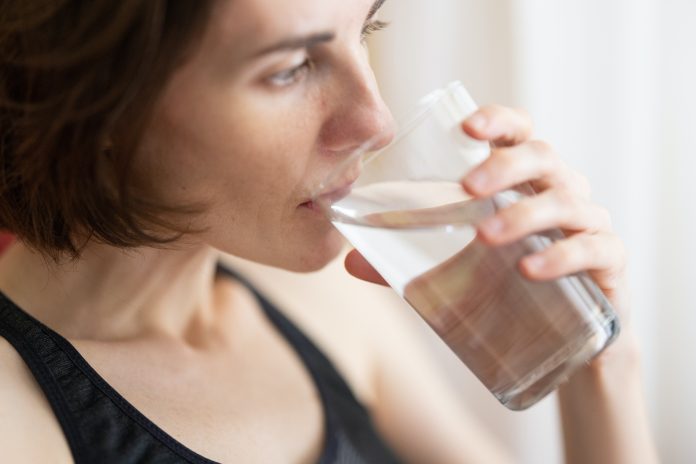The Directorate-General of Health (DGS) has told Lusa that between the 7th and 13th of July, there were 238 extra deaths in Portugal. The DGS attributes this increase in deaths to the heat wave. Graca Freitas said that if the extremely high temperatures in Portugal persist, a higher number of deaths than usual will continue.
The fact that the minimum temperatures are also high, as well as the duration of the heat, causes a more considerable impact on people’s health. Vulnerable people are more affected by the heat wave in Portugal, particularly the elderly and people with chronic illnesses.
“The heat interferes with various pathologies, cases of respiratory and cardiovascular diseases” and worsens these, Freitas said. She warns that the most vulnerable people should be accompanied.
The DGS recommends regular hydration, particularly for vulnerable groups, with at least eight glasses of water daily.
Calculated by the National Institute of Health Doctor Ricardo Jorge (INSA), the index ICARO reached 1,28 on Thursday, translating to a significant impact on mortality caused by the heat wave. The ICARO predicts the effect of high air temperatures on mortality.
While high temperatures are normal during Portuguese summers, these temperatures are 5ºC to 10ºC higher than the average summer.
The heat wave has also impacted the wildfire season in Portugal. On Thursday at 11 pm, there were 27 active fires in Portugal, with 2,475 firefighters supported by 743 vehicles.
However, by Friday at 7 am, there were 13 active fires in Portugal, with 1,000 firefighters supported by 285 vehicles. The fires in Leiria, Viana do Castelo, and Porto mobilized more resources, reports Lusa.
To help Portugal get through the forest fires, the European Commission has mobilized its firefighting fleet. Many have had to evacuate their homes.
Prime Minister Antonio Costa visited the Portuguese Institute of the Ocean and Atmosphere (IPMA) on Thursday and thanked the Civil Protection for their “work and dedication.” He called on each citizen to be careful and avoid any carelessness that could lead to a fire.
Tem sido extraordinária a ação dos Bombeiros e de todos os agentes da @ProteccaoCivil. Agradeço a todos pelo trabalho e dedicação. Mas, repito o apelo: mais do que nunca, é cada um dos cidadãos que tem de ter extremo cuidado para evitar que, por descuido, se provoque um incêndio. pic.twitter.com/w1YhH0DnAY
— António Costa (@antoniocostapm) July 14, 2022
The state of emergency has been extended until at least Sunday. The state of emergency in Portugal means that the whole population has to follow a ban on:
- Being in woodland areas, including forest, woodland, and rural trails
- Burning garden and agricultural waste
- Clearing agricultural land through burning
- Using machinery in or near woodland areas (includes garden machinery)
- Setting off fireworks of any kind
The National Maritime Authority has also announced important recommendations for beachgoers: hydration, sunscreen, and avoiding direct sun exposure, particularly between 11 am and 5 pm. Everyone should avoid physical activity and wear loose clothing.
In case of emergency call 112.


